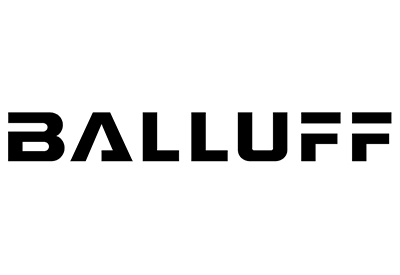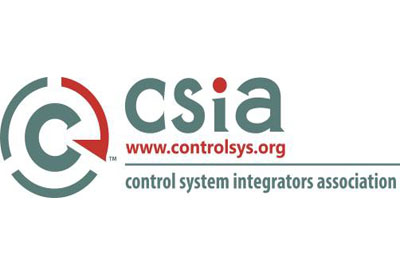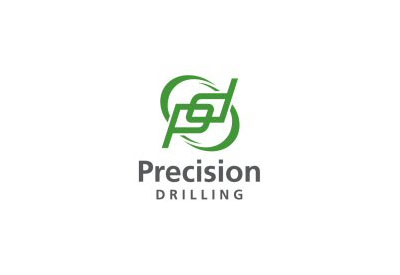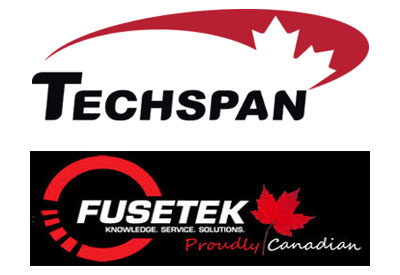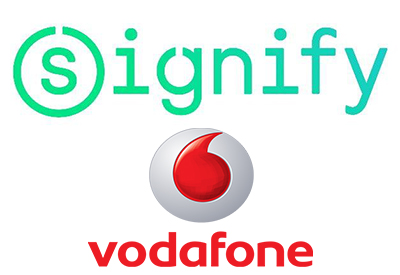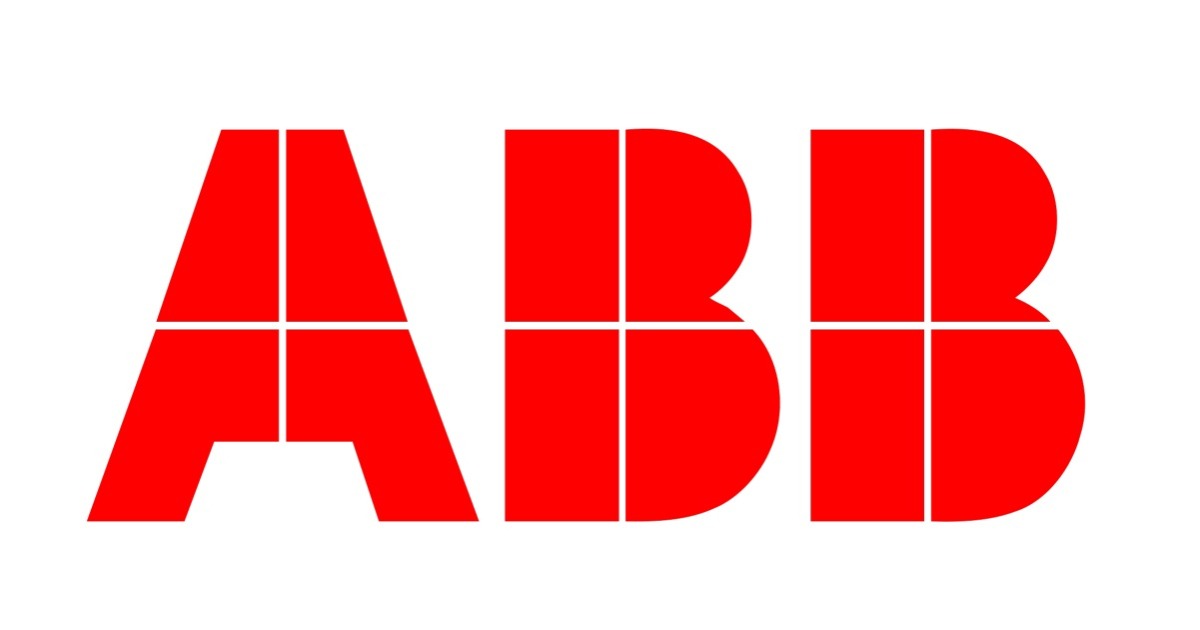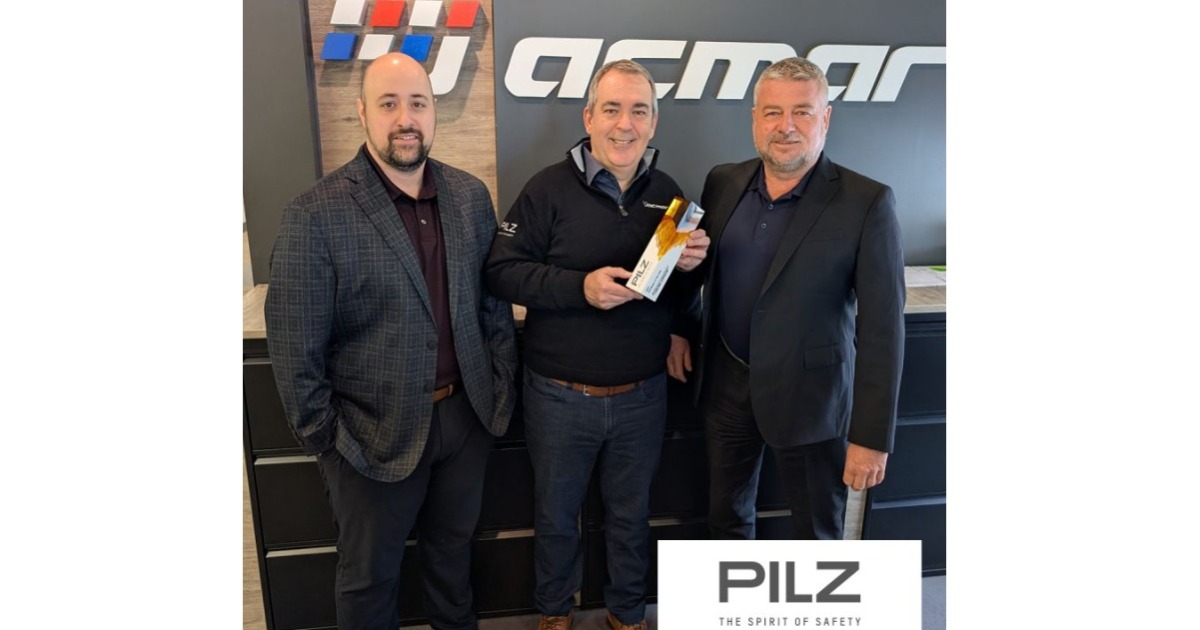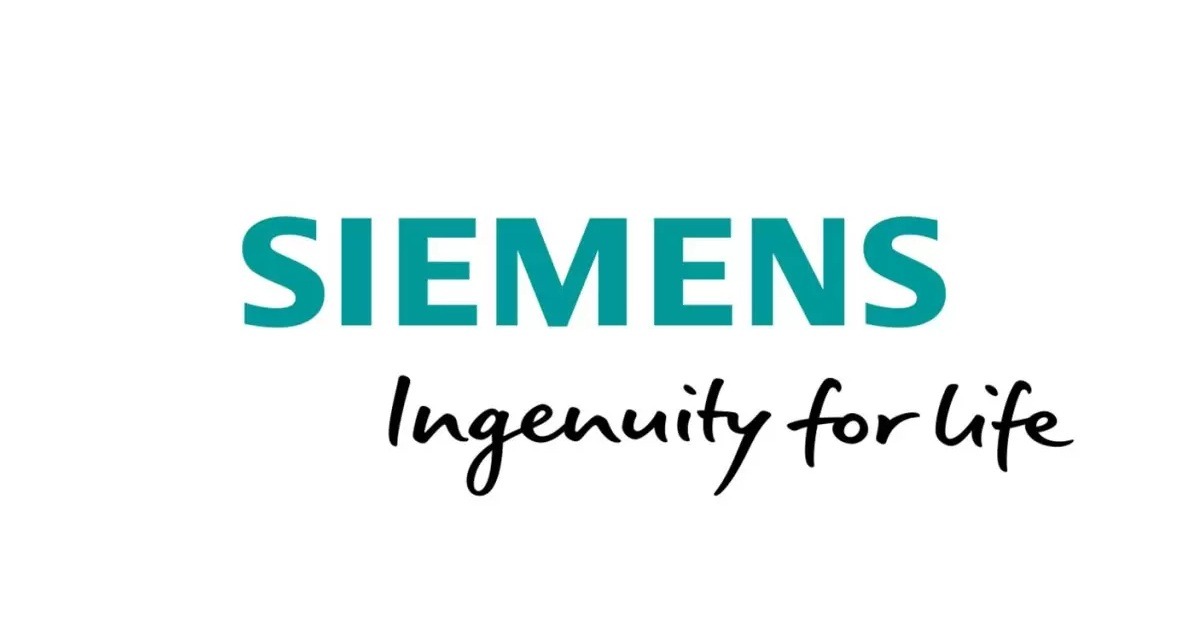Integrating digital platforms into the real world
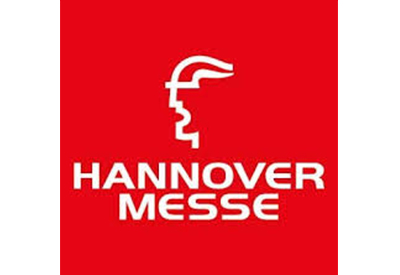
January 23, 2020
Digital business platforms are an important part of HANNOVER MESSE, where they cut across multiple areas of the “Digital Ecosystems” display category. “Platform business models are the way of the future,” said Hubertus von Monschaw, Deutsche Messe’s Global Director Digital Ecosystems for HANNOVER MESSE. “While they have long been par for the course in the consumer segment, they’ve been a little slow to catch on in manufacturing. But they are indeed catching on, and there is no doubt that the platform economy will play an increasingly important role in the industrial B2B segment.”
HANNOVER MESSE 2020 will profile an array of platform providers for industrial companies. What follows is a selection.
Cloud platform for SMEs
Many of the solutions on show at the Microsoft stand in Hall 17 relate to Azure, the company’s cloud computing platform. For visitors from companies of all sizes, including SMEs, the stand is an opportunity to find out how they can leverage Azure to get their industrial applications into the cloud. Microsoft will also be showcasing Dynamics 365, a product line of ERP and CRM applications that gives users powerful insights into every area of their business, from purchasing all the way through to production.
Amazon and Google will also be presenting their platforms at HANNOVER MESSE.
Google will be profiling Google Cloud Platform , a suite of cloud computing services that is used by companies of all types and sizes, including industry heavyweights like Siemens, Airbus and Sandvik. These companies use the platform mainly in product integration, supply chain optimization and preventive maintenance scenarios. The manufacturing industry is also increasingly turning to highly specialized applications, such as Google Cloud Edge IoT Core, which uses machine learning algorithms to significantly reduce production rejects.
The cloud-based products offered by Amazon Web Services (AWS) are likewise finding growing use in manufacturing contexts. AWS includes products that can be used to develop and realize AI-supported production processes. For example, technologies like AWS IoT Greengrass and the Amazon SageMaker machine learning service can be used to aggregate isolated plant data into shared data pools. These technologies are capable of processing real-time data and running predictive analyses of production plants.
Artificial Intelligence and integrated solution scenarios
Intel will be presenting its AI solutions at HANNOVER MESSE 2020. Among much else, it will use existing products and solutions to demonstrate how predictive plant maintenance can be achieved using the Intel platform. The platform includes the current Xeon processors, the Intel Nervana Neural Network processors, and the Intel Movidius Myriad Vision Processing Unit (VPU). The latter two deliver the power and performance required for intensive AI applications, including AI applications on a single chip.
At the IBM stand, meanwhile, there will be a strong focus on such topics as connected factories and artificial intelligence. IBM will be presenting numerous potential applications of its Watson IoT platform. They key message here is that the right AI algorithms can make industrial plants more digital, IoT networks safer, and factories smarter. IBM will also be presenting cloud platforms, such as Red Hat.
In Hall 15, Software AG will showcase its IoT platform Cumulocity IoT. The showcase will illustrate how industrial plants and machines can be digitally integrated using a single software platform. Cumulocity can connect “things” as disparate as buildings, vehicles, industrial plants and even water meters to create a giant IoT network and enables the data from this network to be integrated into any cloud environment or application. Cumulocity comes with a range of specialized tools, including a streaming analytics engine, to make this connection and integration process quick and simple.
Atos will be using HANNOVER MESSE to demonstrate how “virtual products” can be created for all parts of industrial value chains, from design, production, maintenance and quality control to sales and service. Needless to say, Atos solutions can also be used to realize smart factories.

